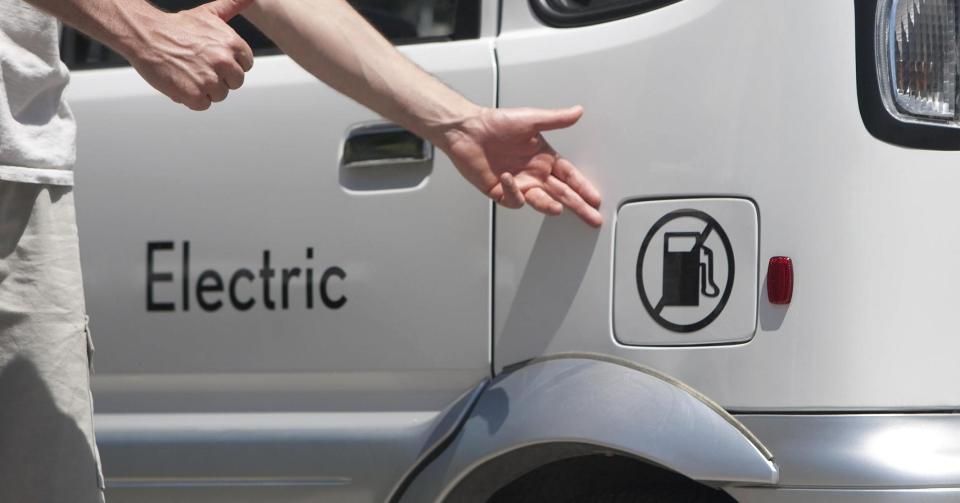Shortage of batteries could put the brakes on electric vehicle market

More and more electric vehicles are being brought to market, but a lack of viable batteries could hold back the technology being accepted by drivers, analysts have warned.
Lithium-ion batteries are in high demand in order to power electric vehicles, however there are concerns whether enough batteries will be produced in order to support the market for electric vehicles.
"We are seeing an acceleration in the bringing of electric vehicles to market, but the big question we have is where are the batteries going to come from for these vehicles?" George Galliers, autos analyst at Evercore ISI, told CNBC's Squawk Box Europe.
"Because if you look at global lithium-ion cell production today, it's really only satisfactory to supply around 900,000 to a million units of total production, which in a global market of almost 100 million light vehicle sales, we're talking about 1 percent essentially," he added.
At the Paris Motor Show in September, several manufactures presented new ranges of electric vehicles, including Volkswagen, which debuted the I.D., a purely electric car.
Several manufacturers are looking to produce electric vehicles in order to meet strict regulations on emissions. Analysts at IHS Markit expect annual production of electric vehicles to reach nearly 4 million vehicles by 2020. Going by Galliers estimates, production of lithium-ion batteries will need to be ramped up four-fold in order to meet demand by 2020.
"Due to the increasing focus on batteries, OEMs (original equipment manufacturers) are building dedicated battery factories to meet demand like Tesla's Gigafactory or more recent Daimler's second battery factory in Kamenz, Germany," explained Ben Scott, senior automotive and e-mobility analyst at I H S Markit, to CNBC via email.
Meanwhile, other factors may limit the sale and production of electric vehicles, such as how how quickly consumers will switch to them.
"There are several influencing factors that impact the adoption of (electric vehicles) including availability of charging infrastructure, incentives, fuel price and also battery technology and range," explained Scott.
"Affordable (electric vehicles) with a range on parity with conventional cars will soon be available to buy because of advancements in battery technology."

 Yahoo Finance
Yahoo Finance 
